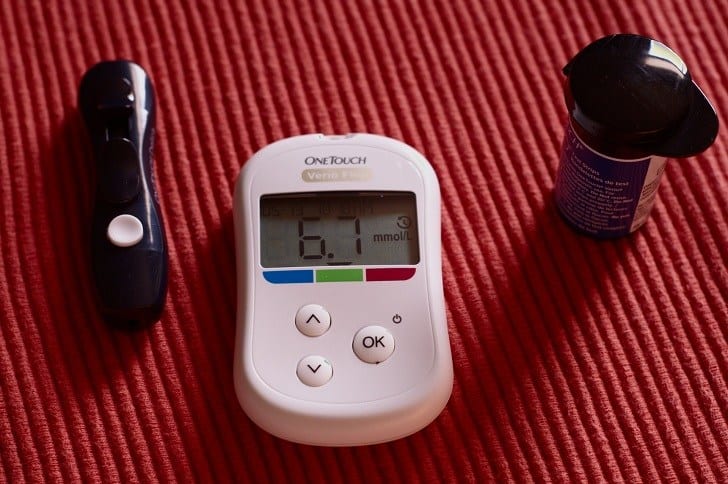Everyone dreams of looking perfect, and a critical element of ensuring good looks is managing weight intelligently. Today, the urge to lose weight has become so over-powering in most people that they become ready to follow anything and everything that’s out there. That’s probably why diet programs gain immense popularity.

Among the most widely accepted diet programs, today is the “Keto diet,” which involves cutting the extra weight quickly by having ultra-low-carb food. While several people are already following the program, it’s essential to know that it’s not for everyone. There could be multiple drawbacks to following the Keto diet, and in this post, we’re going to look at some.
Read – Is there a better diet option than Keto?
Keto Flu
Keto diet differs from other low-carb diets because it only emphasizes fat by cutting carbs from your diet, which are the primary energy source for the body.
While the process may succeed in cutting off excess fat by raising the ketones’ level in the blood, it simultaneously leads to the onset of something called the keto “flu.” Keto flu is a state of the body’s transition to a ketogenic diet, which may give birth to consequences like brain fog, fatigue, dizziness, and insomnia.
Low Blood sugar
With the establishment of Ketosis, lower blood sugar levels become a common thing. Research suggests that the keto diet helps get rid of high blood sugar. As per medical practitioners, a low carb diet isn’t particularly recommended for a diabetic patient in the long run.

Nutritional deficiencies
Keto diet involves a low carb but high-fat approach. It limits the variety of food intake. As per the program, highly regarded superfoods like beans, legumes, whole grains, and a few fruits and vegetables become a complete no-no. Hence, vitamins, minerals, and other nutrients go missing from your diet, which leads to nutritional deficiencies.
Loss of electrolytes
Glycogen is the source of energy for carbohydrates stored in muscles and liver. Another impact of Ketosis in the body is that it starts to dump glycogen. The activity increases the frequency of urination and, therefore, loss of electrolytes.
Electrolytes are essential substances that aid cardiac function and regular heart beating. Due to increased urination, the body loses sodium, potassium, and magnesium. Hence, it escalates the risk of cardiac issues.
Digestive issues
When you’re on this diet, you consume lesser fruits and vegetables. Hence, the body doesn’t get enough fiber, eventually leading to severe changes in the digestive system, resulting in constipation and bowel changes.

Read – Why is dietary fiber needed?
The bottom line
According to most doctors, the Keto diet isn’t beneficial for the long term, as it is devoid of a few essential micronutrients.
Since it gives rise to various medical issues, one should look for other options for reducing weight. Ideally, this kind of weight loss program should be followed for short-term fat loss, and that too, under medical supervision.
